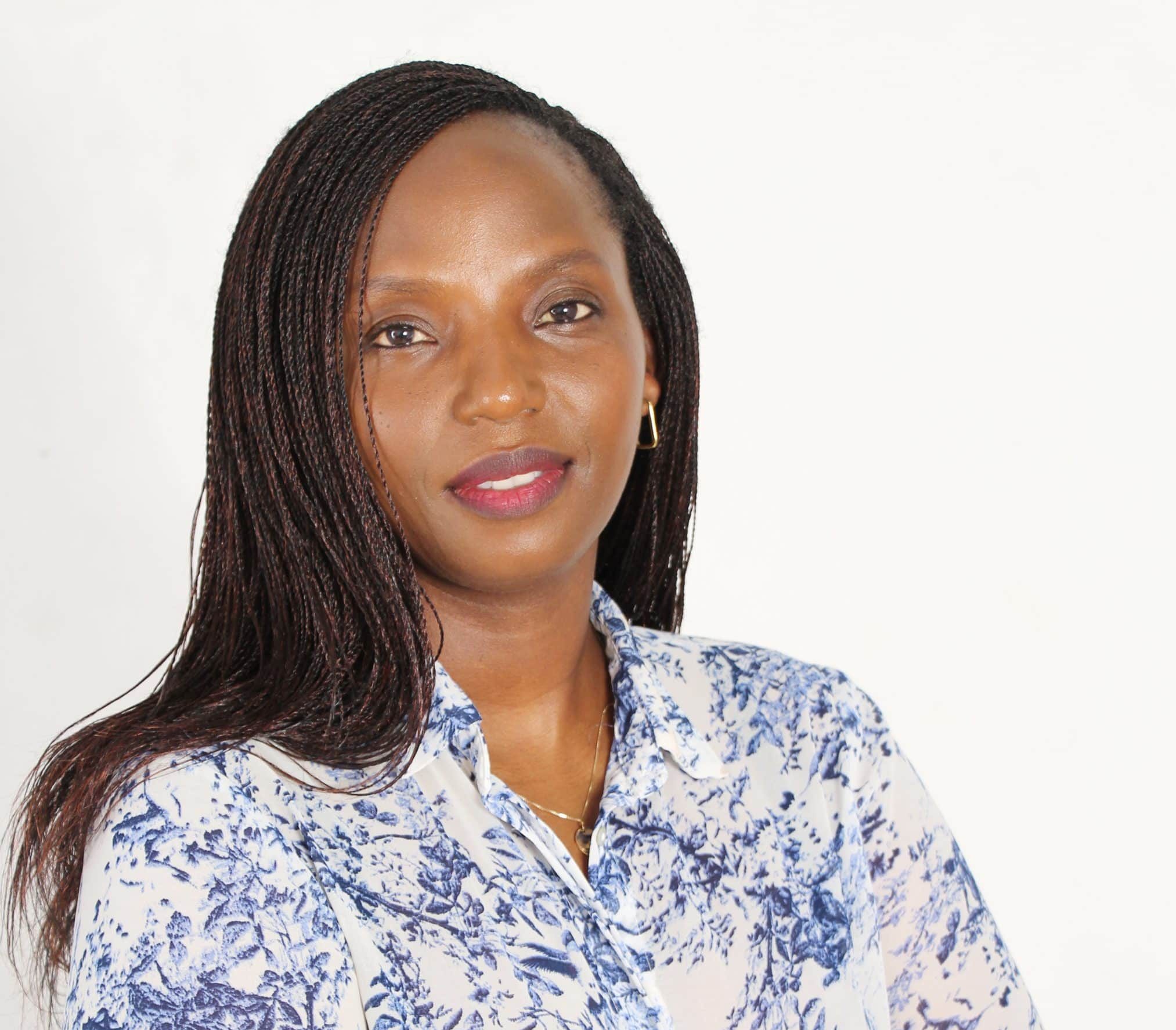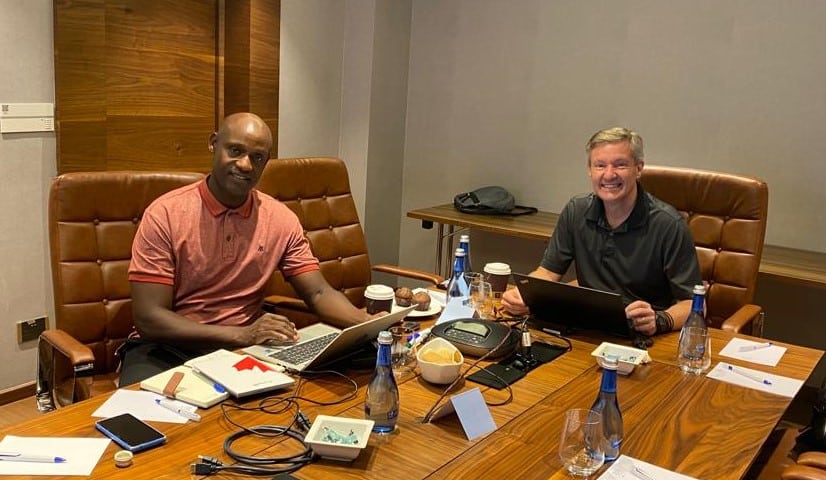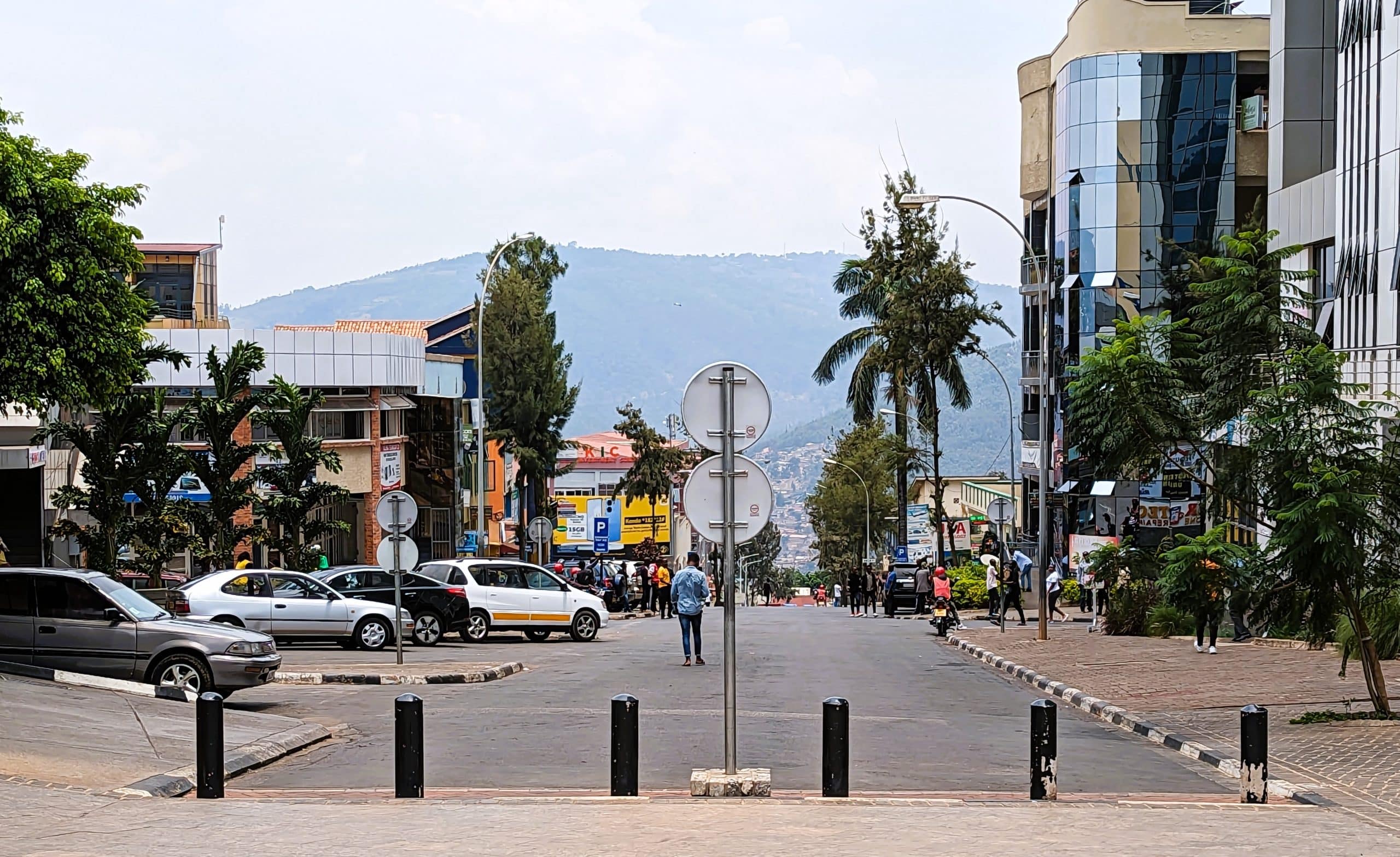Women’s Inclusivity in Rwanda’s Health Tech Landscape
The Technical Assistance Partnership-Expert Deployment Mechanism (TAP-EDM) initiative implemented by Alinea International and funded by Global Affairs Canada works collaboratively with the Rwandan Ministry of Health to enhance the nation’s health data systems, facilitating more equitable healthcare services.
In this blog post, we hear from Jacqueline Umunyana, a Rwandan public health specialist who offers valuable insights derived from her experiences in providing technical assistance in evaluating Rwanda’s National eHealth Strategic Plan.
By Jacqueline Umunyana
I had the privilege of collaborating with Alinea International on a remarkable project for the Ministry of Health in Rwanda. Working alongside Guy Pearce, a TAP-EDM expert specializing in information technology, data management, and governance in digital transformation, our mission was to provide technical assistance in evaluating the outgoing National eHealth Strategic Plan for 2018-2023. My role was to support the implementation of the TAP-EDM Technical Assistance Initiative, spearheaded by Guy.
Rwanda is fascinating due to its global recognition as one of the most gender-equal nations. Information and communication technologies (ICTs) also drive the country’s social and economic growth. Unlike many other African countries, Rwanda lacks adequate natural resources. Consequently, Rwanda has embraced distinctive development strategies prioritizing ICTs as the cornerstone of its economic transformation.
An important aspect of this transformation is the remarkable progress in gender equality. Women in Rwanda now enjoy the same rights as men, including inheritance of land, access to government positions, military service, and education. In fact, there is a growing acknowledgment of the pivotal role women play in shaping digital interventions in Rwanda, with women comprising 50 percent of the Ministry of Health staff.
As a Rwandan female medical doctor and a public health expert currently working in the digital health space, I am inspired by the active involvement of Rwandan women in developing and designing digital health interventions. It is essential to address the digital gender gap, as its unchecked existence could adversely affect health equity.
My assignment required engaging with various digital health stakeholders, including women, within the Ministry of Health. The focus was on assessing the current state of the outgoing eHealth Strategic Plan, highlighting challenges and lessons learned that were used to develop the future state of the National eHealth Strategic Plan for 2024-2028. Women played a significant role in providing recommendations on addressing the digital divide and catering to the specific needs of women and adolescents. These recommendations have been incorporated into the initiatives outlined in the future state of the eHealth Strategic Plan.
We eagerly anticipate the implementation of the eHealth initiatives outlined in the National eHealth Strategic Plan. It is a significant step towards a more equitable and inclusive healthcare system in Rwanda.



